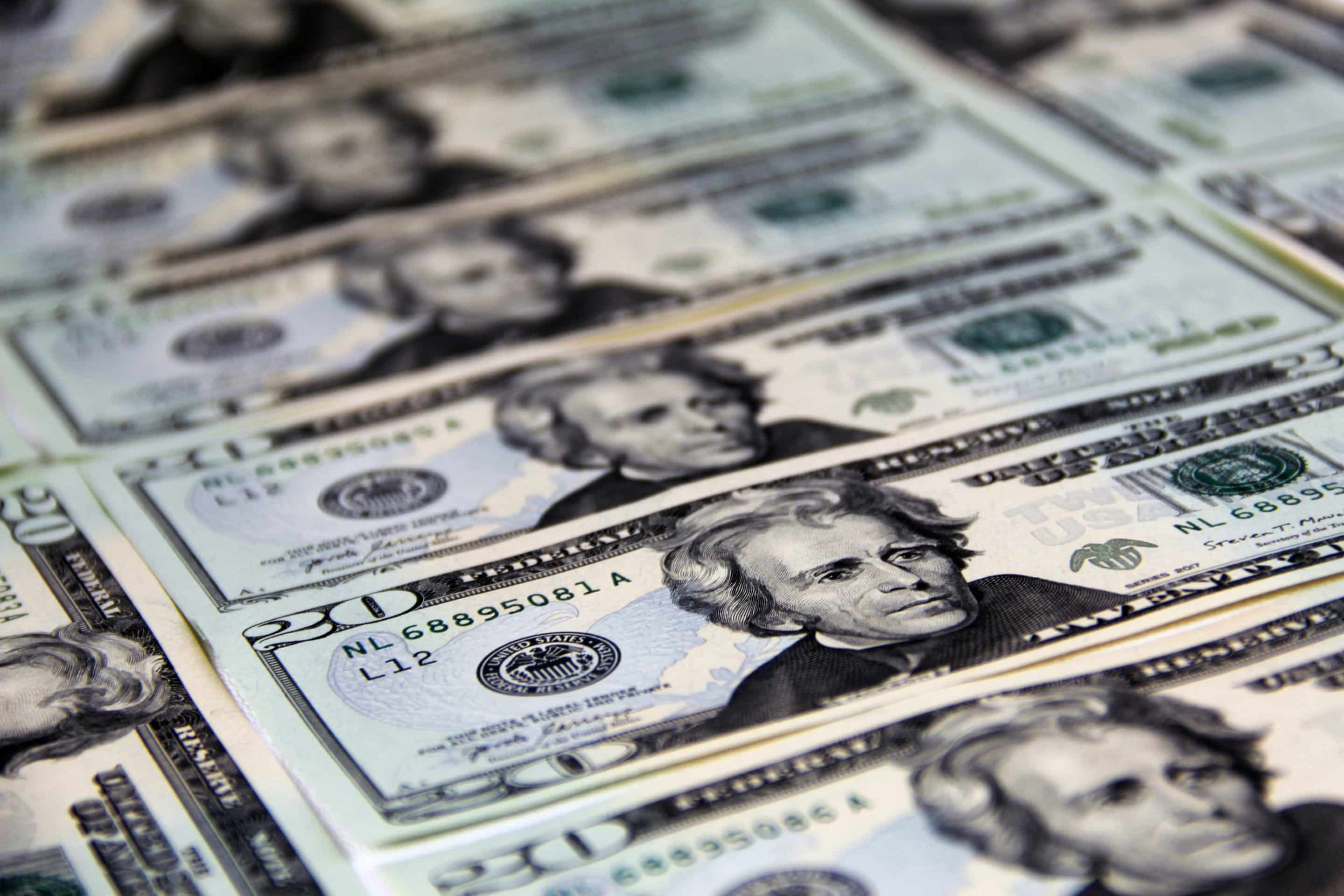The narrative to attack any tax cut and defend any increase in government size is reaching feverish levels. However, we must continue to remind citizens that constantly bloating government spending and increasing the size of monetary interventions are some of the causes of the widespread impoverishment of the middle class. Constantly increasing taxes and diminishing the purchasing power of the currency is wiping out the middle class in most developed nations.
Currency printing is not neutral, and it never is. It disproportionately benefits government and massively hurts real salaries and deposit savings. It is a massive transfer of wealth from savers to the indebted.
Readers may say that what needs to happen is to tax the rich and corporations and all will be solved. Why do you think that many of the ultra-wealthy are extremely happy with financial repression, issuing more currency, cutting rates and higher taxes? Because the net effect is positive for them and negative for you. Financial repression is a tool that makes it more difficult for the middle class to be richer and therefore wipes out private savings and any possible competition at the top.
The latest dogma is that tax cuts are negative because they boost inflation. However, it is yet another fallacy predicated on the idea that money is better off in the pocket of government.
Inflation is the destruction of the purchasing power of a currency, not “rising prices.” Prices do not rise in unison due to an exogenous factor like a war unless the quantity of currency issued is higher than the growth in the productive sector.
Government spending weighs close to 50% of GDP in most developed economies. One unit of currency in the pocket of government is certainly spent and even multiplied, as most of the public sector will spend that unit of currency and more via deficit.
Cutting taxes does not add units of currency to the economy. It is the same quantity of currency, only with a bit more in the pocket of those who earned it.
When governments reduce taxes, the citizens and businesses that have earned money have more in their pockets. Some might spend it, others might save it, which means investment, and others might take more credit. Tax cuts are only inflationary if they boost an extraordinary and unjustified credit impulse. This is rarely, if ever, the case.
A unit of currency in the hands of government is certainly going to be spent, adding even more money into the system via debt and deficits. A unit of currency in the hands of those who earned it is not just likely to lead to a better capital allocation but also it is fair.
Tax cuts in an inflationary environment are not just logical and just, but necessary because most governments do not deflate their tax receipts and, by keeping monetary tax rates untouched, receipts rise, and the amount of taxes paid by citizens increases.
Inflation is a tax and a policy. Governments benefit from inflation collecting higher receipts due to the inflation impact on tax revenues, while citizens suffer elevated prices, higher direct and indirect taxation, and lower real wages.
If increasing the size of government is always dangerous it is even more perilous in times of high inflation because the risk of malinvestment becomes a certainty.
There has been a massive campaign against any tax cuts all over the world that adds to a view that all government spending is justified. The concepts of efficiency, saving and prioritization have been abandoned and the administration is perceived as an entity that cannot perform any of those measures and needs constantly rising revenues to undertake its duties, yet all is false.
Governments use any excuse to increase their size in the economy and using constant emergencies or alleged crises is the easiest way to advance a confiscatory and extractive view of the economy where citizens and businesses are viewed as cash machines of the political sector, where the private sector is at the service of the government and not the other way around.
Tax cuts do not increase inflation, it is giving a bit more of the existing money to the ones who earned it. What increases inflation, always, is bloating government spending, perpetuating deficits, and monetizing it by printing constantly depreciated currencies.
Government spending is not the engine of the economy. Tax hikes are not the only solution to bad administrations. Printing money is not a tool for growth, but one for cronyism. Upside down economics does not work. We need to return to monetary and fiscal sanity. A tax wedge of almost 40% of income is not normal. It is confiscatory.
If we want to reduce inflation, we need to limit the uncontrolled policies those that create it: central banks and governments.
This article was originally featured at the Ludwig von Mises Institute and is republished with permission.































